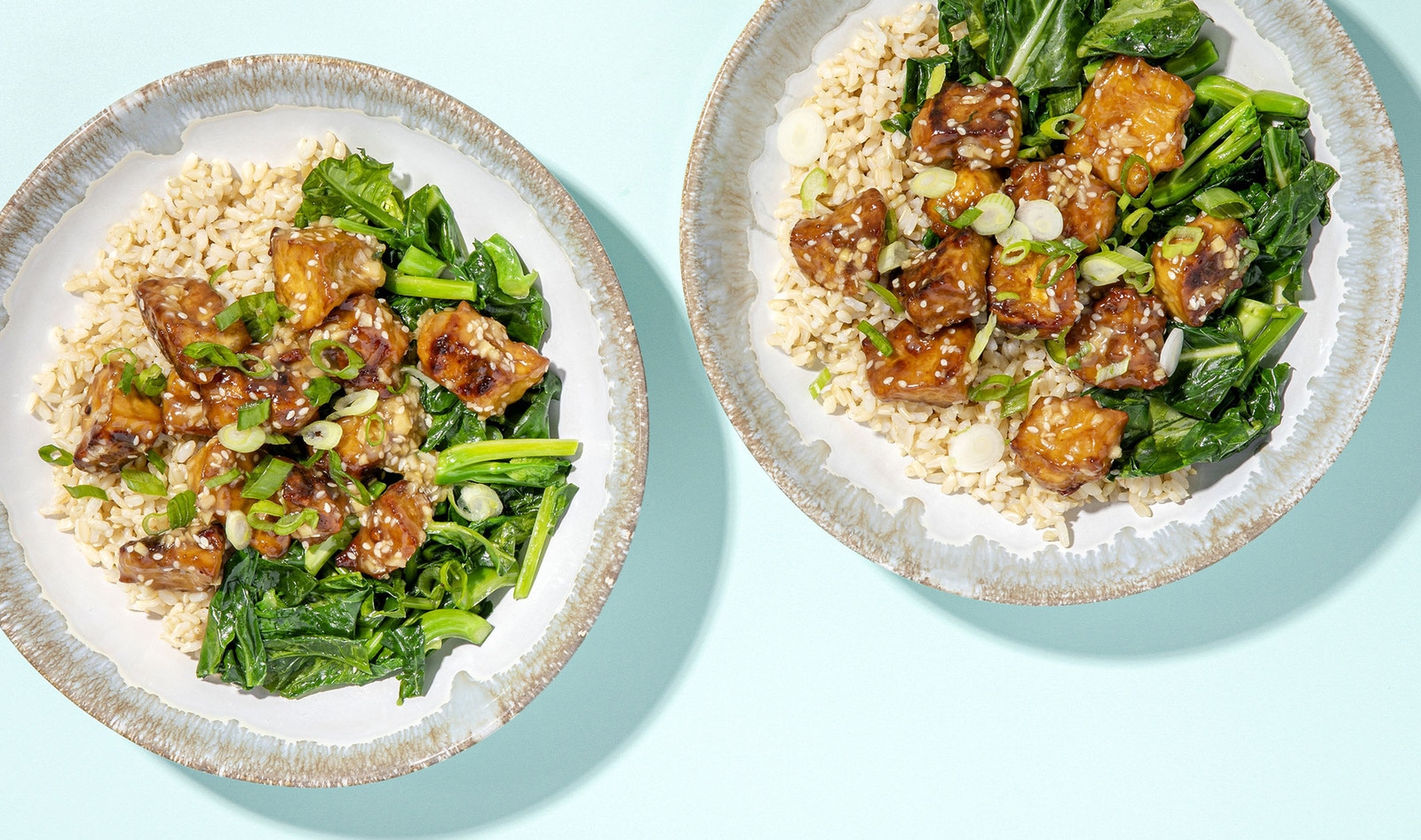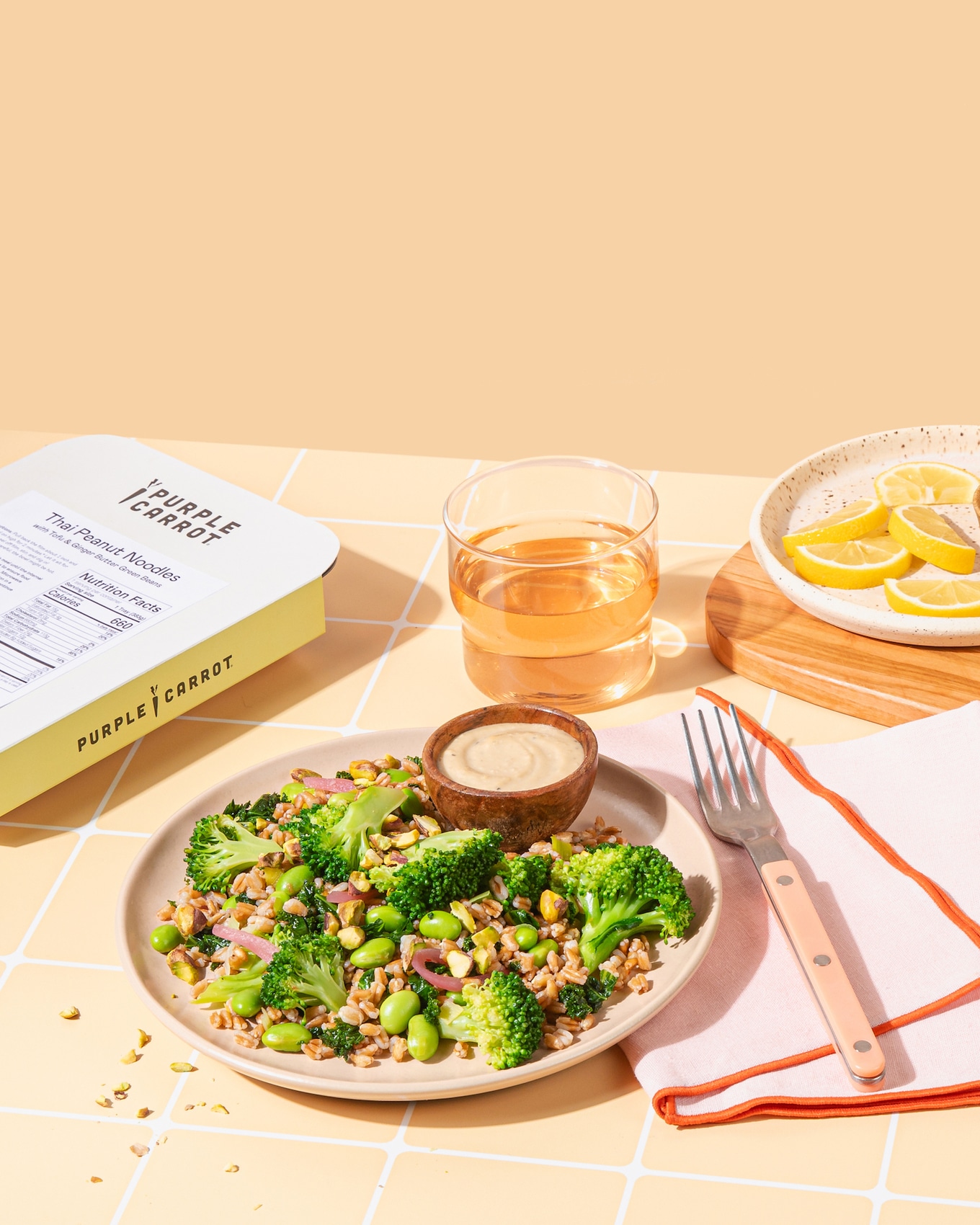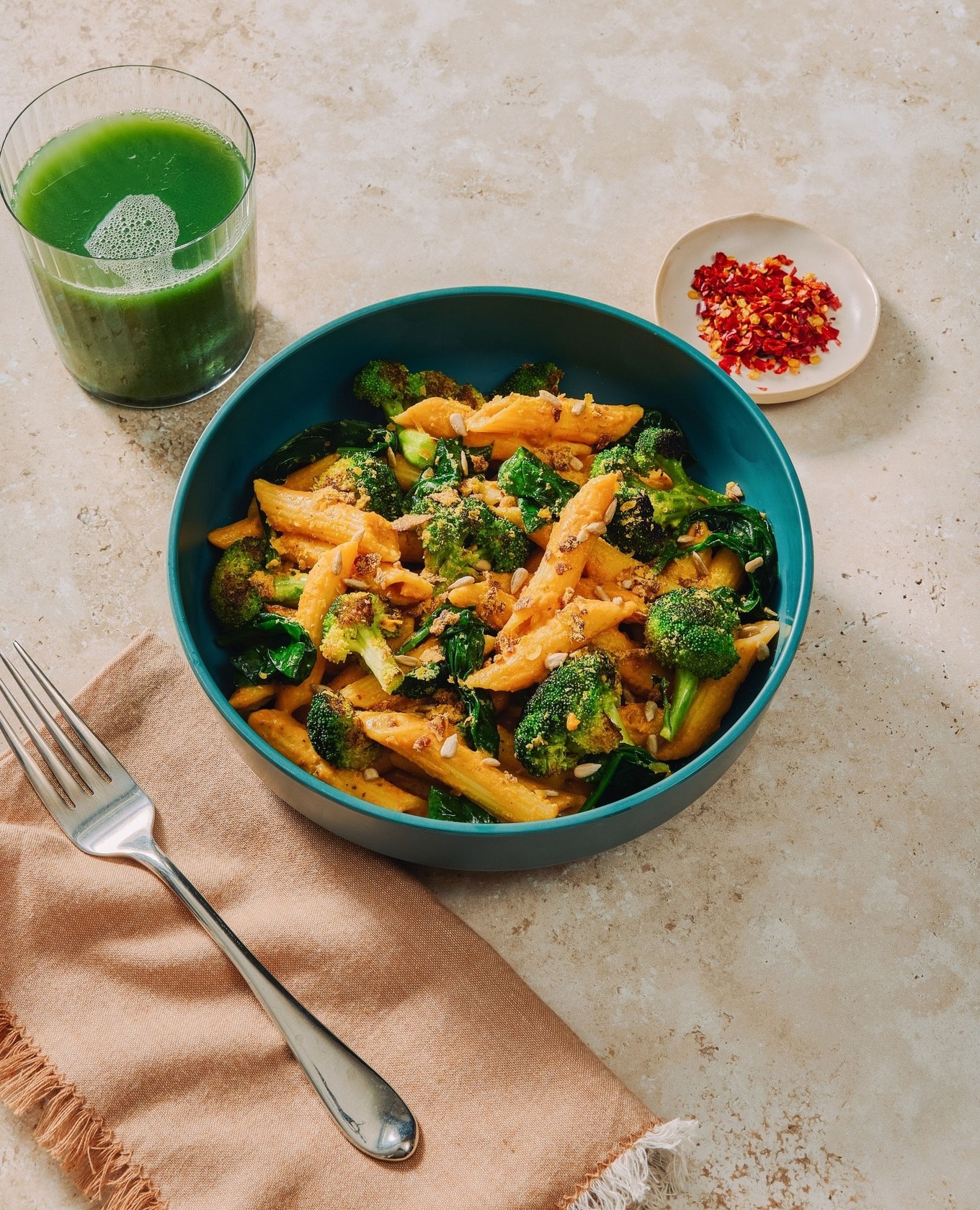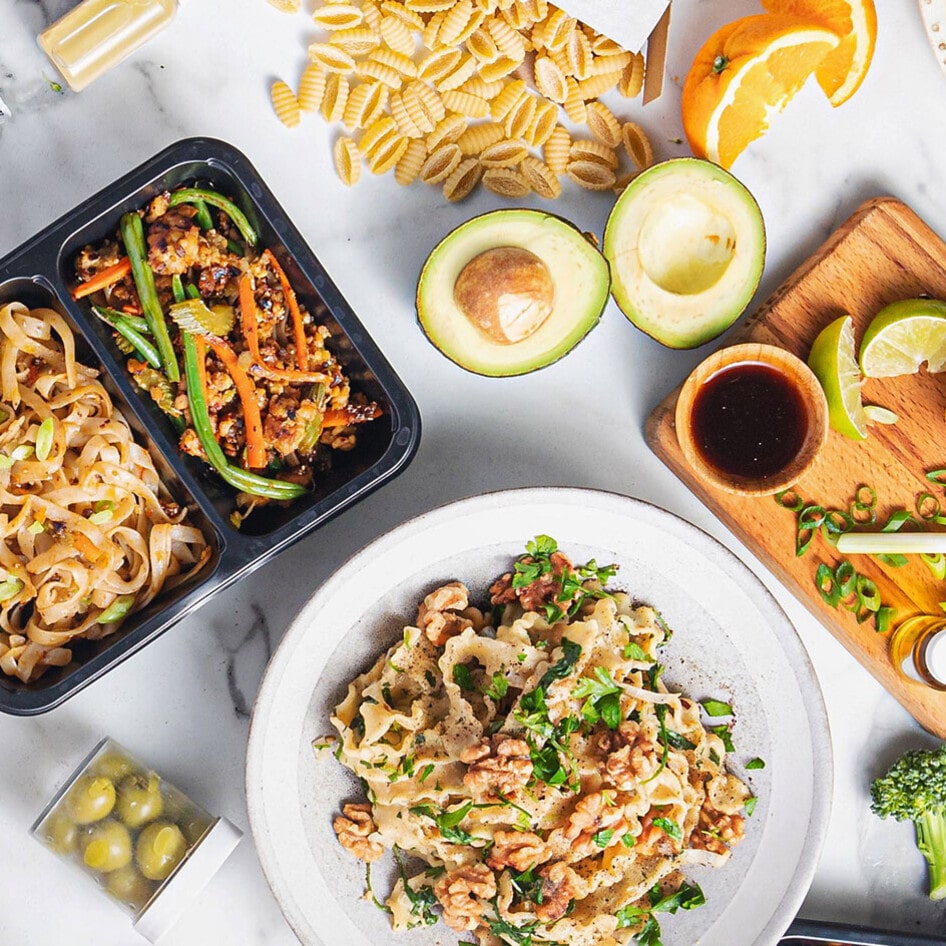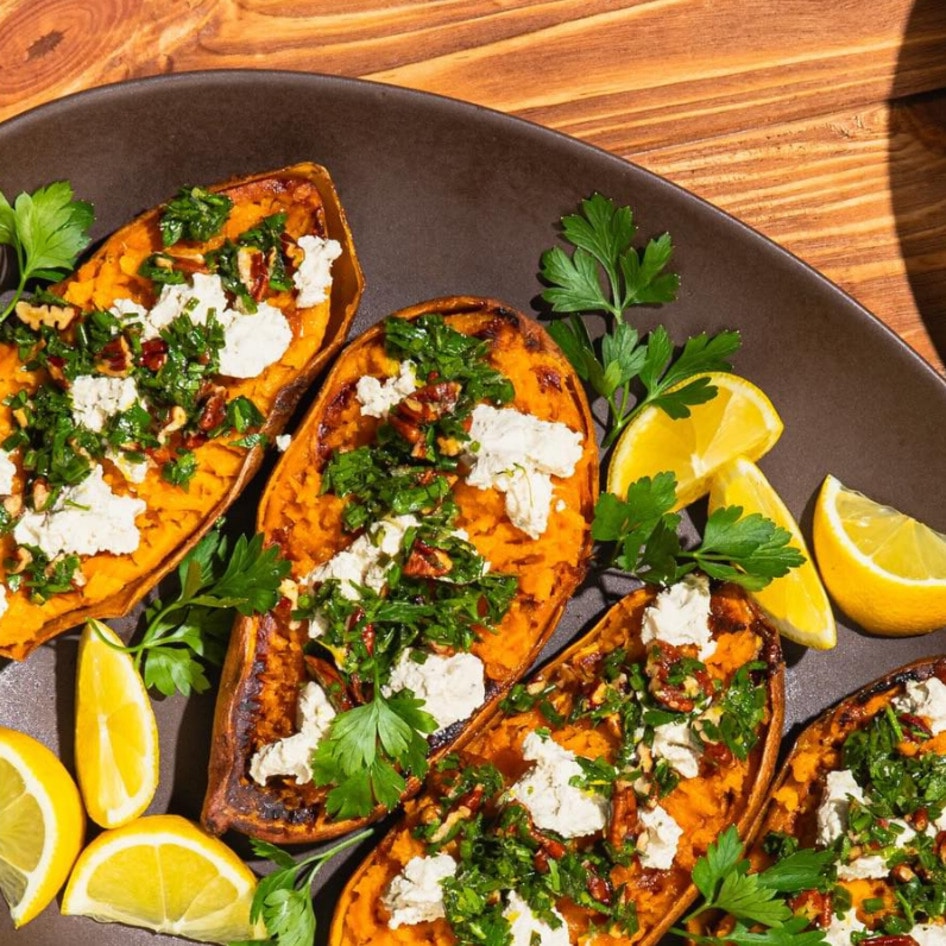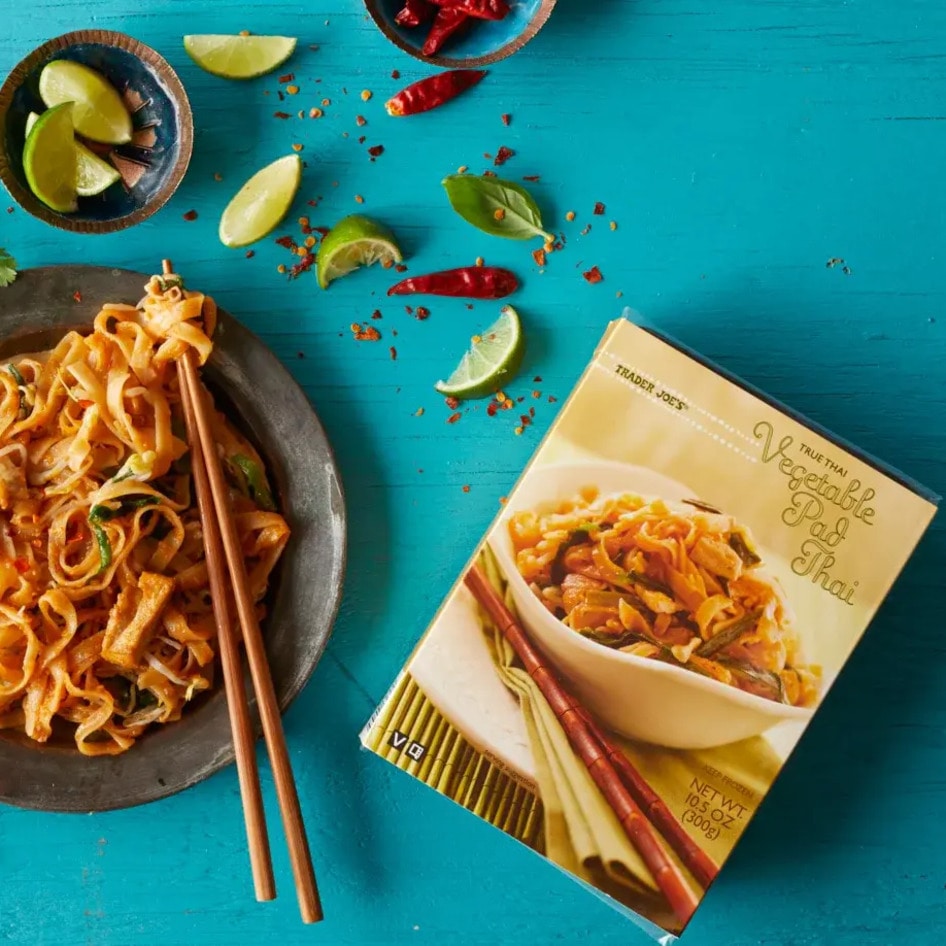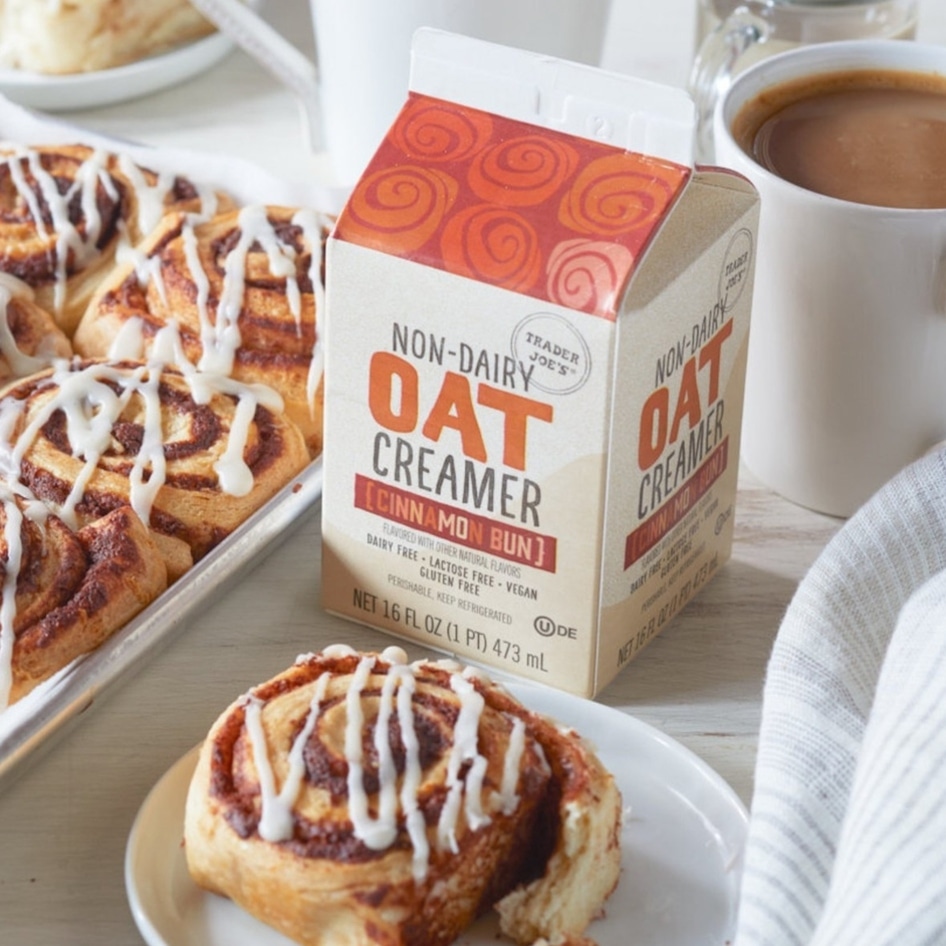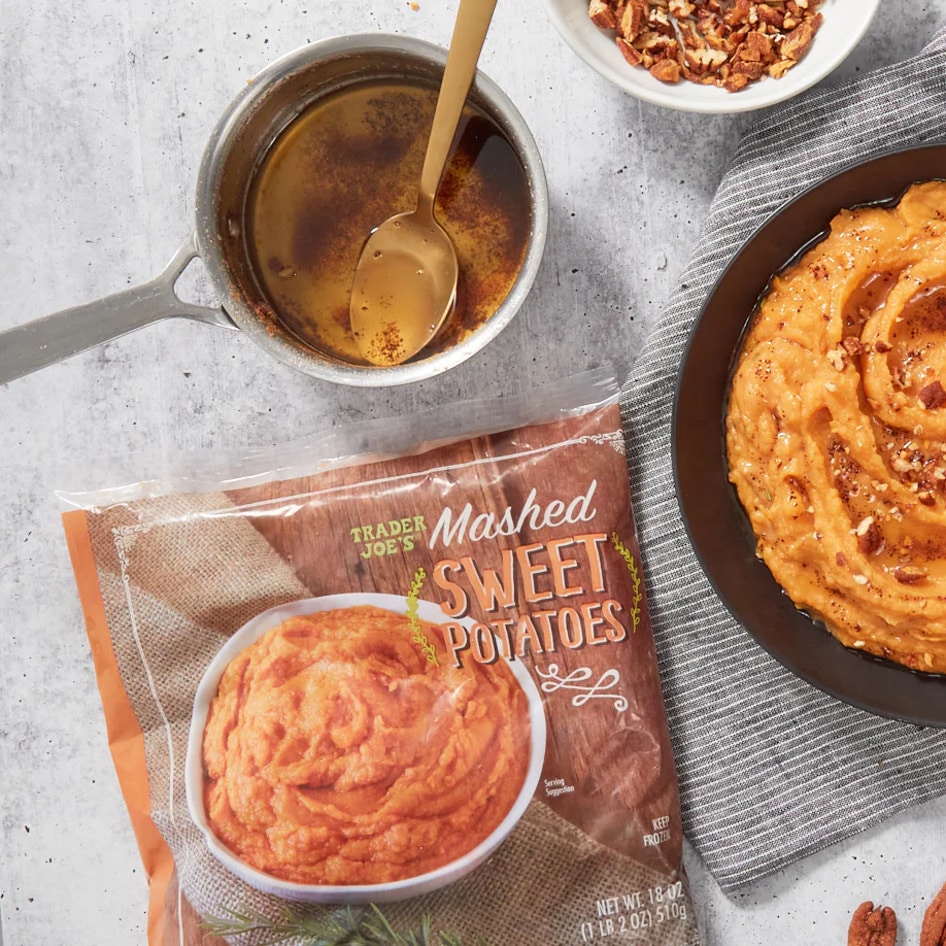Before the checkout line, before the parking lot chaos, before the free coffee station disappeared, Trader Joe’s had something far more magnetic: the thrill of discovery. That new jar of jalapeño sauce, a frozen vegan korma, those $2 eucalyptus bundles tucked by the door—each visit felt less like a grocery run and more like a treasure hunt. It wasn’t just about affordability or flavor; it was about finding something unexpected, maybe even delightful. A product you didn’t know you needed until it was already in your cart.
That same sense of low-stakes adventure—combined with a kind of daily, working-person practicality—is exactly what today’s vegan meal kits are serving. Think of them as Trader Joe’s in box form: always new, often global, reasonably priced, and deeply satisfying. And for a growing number of Americans, they’re becoming the easiest on-ramp to a more plant-forward plate.
Meal kit demand
According to Zion Market Research, the global vegan meal kit segment was worth nearly $1.5 billion in 2023. But it’s expected to swell to more than $6 billion by 2032, driven by a wave of interest in healthier, climate-friendly, and time-saving ways to eat at home.
Every type of consumer seems to be feeling the pull: Gen Z, Baby Boomers, families, and solo eaters are all experimenting with a range of meal kit services. Diet preferences, too, run the gamut from omnivores to vegans. Even fast-food loyalists are getting pulled in by an ever-expanding menu of easy, tasty dinners that don’t require a trip to the store—or much thinking at all.
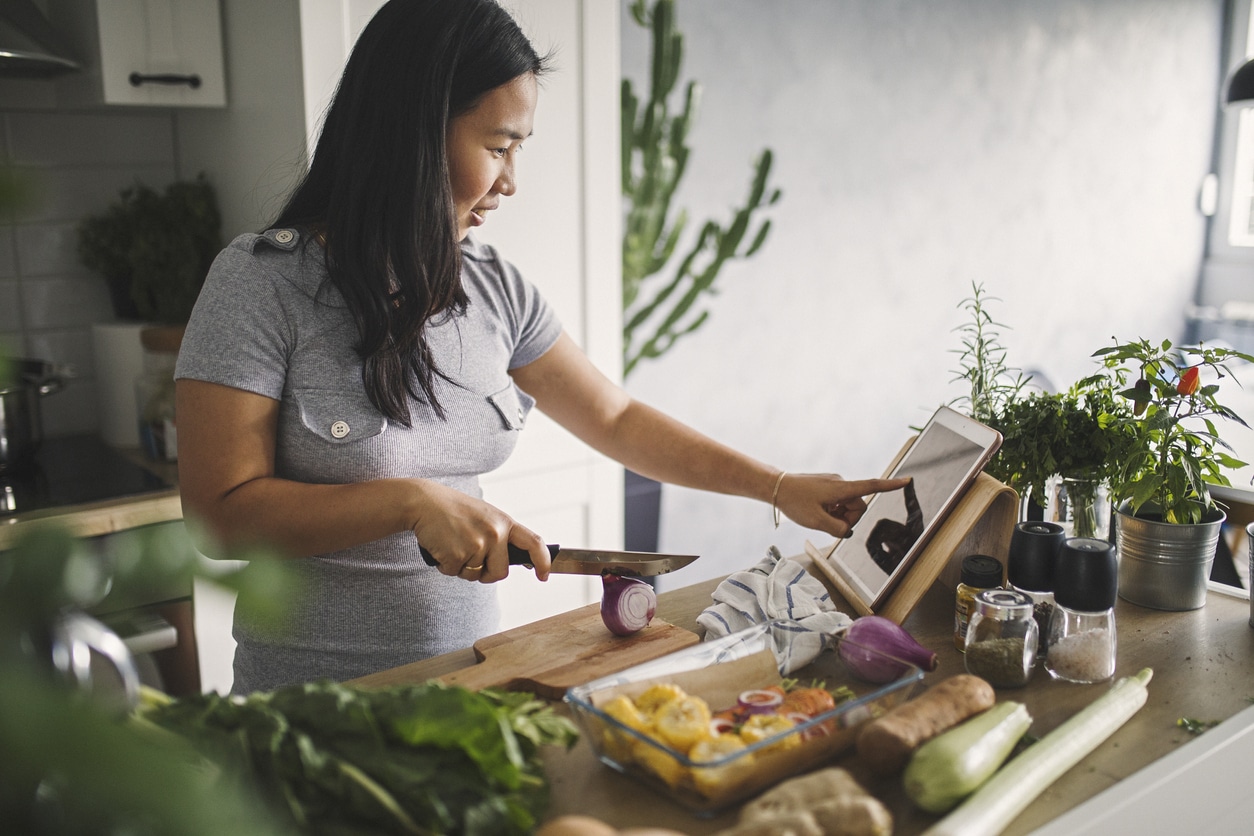 Getty
Getty
“One of the major driving factors for the growth of the meal kits market is the increasing consumer demand for convenient and healthy eating options,” reads a recent market analysis. The Food and Agriculture Organization says that more than 30 percent of consumers are now prioritizing food options that are both convenient and healthy.
Plants, plated
And if you’re looking to eat more plants, the kits are increasingly accommodating. Purple Carrot, one of the first fully plant-based meal kit companies, continues to lead with options like vegan chicken dumplings and mafaldine with red pesto and crispy artichokes. The company has since added pre-made meals, snack boxes, and even frozen products to its lineup.
Registered dietitian Caitlin Beale, MS, RDN, who recently reviewed Purple Carrot, said the company works with nutritionists to create its meals.
“The balance of nutrients did align with what I believe makes up a healthy meal,” she wrote.
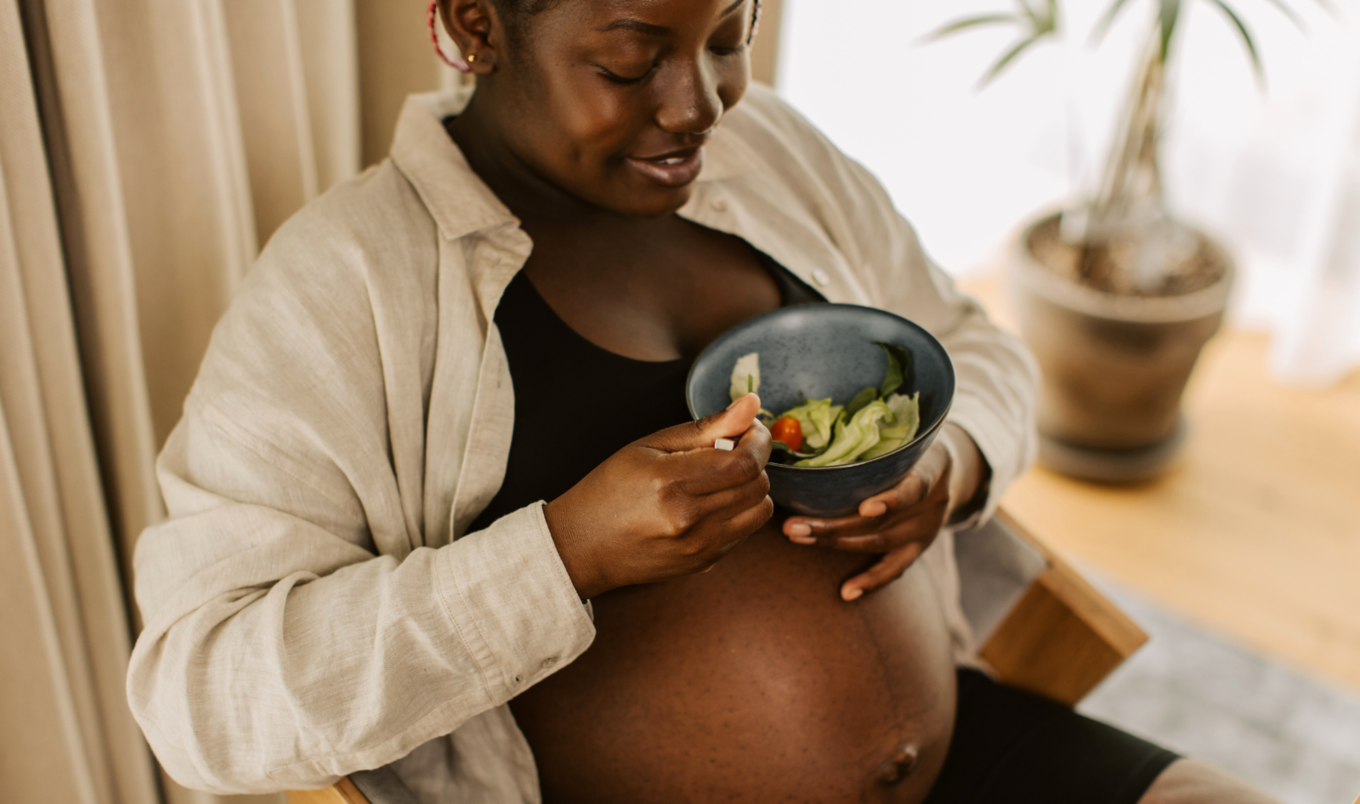
And other platforms have followed. HelloFresh and Green Chef now offer robust vegan tracks, while Hungryroot and Thistle blur the line between grocery haul and meal delivery with curated bundles that combine fresh produce, grains, sauces, and plant-based proteins for mix-and-match cooking.
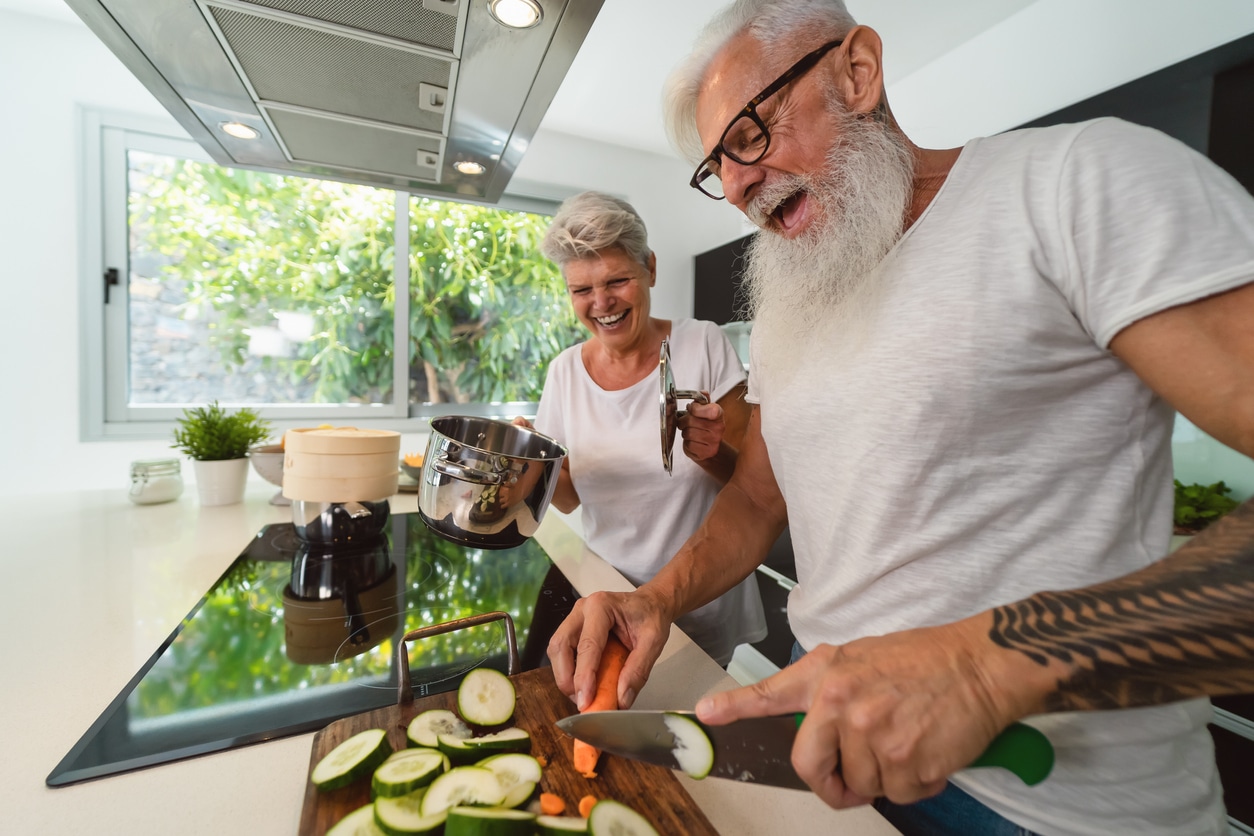
Dinnerly, Marley Spoon’s more affordable sibling brand, caters to budget-conscious eaters and includes rotating vegetarian and dairy-free recipes that can often be made vegan with minor swaps.
Factor, a ready-to-eat service, has gained traction with single-serve vegan meals designed for quick lunch breaks or no-cook dinners. Its recent offerings have included vegan mushroom marsala, lentil curry with brown rice, and tofu-based burrito bowls. Even EveryPlate, one of the most affordable options on the market, is expanding its veggie selections to meet demand from those dabbling in meatless weeks or aiming for more climate-friendly eating.
The secret to success: variety
Much like Trader Joe’s, variety is the hook. At Green Chef, you might find miso-glazed tofu with charred pineapple one week and Mediterranean chickpea bowls the next. The appeal isn’t just in the flavor profiles, though that helps—it’s in how these kits take something that once felt complicated (what do vegans even eat?) and make it frictionless. Open box, boil pasta, roast tofu, and dinner is served.
And then there’s the price. While Purple Carrot sits at the higher end, around $13 per serving, Green Chef and HelloFresh fall in the $8 to $11 range, depending on plan size and promotions. For under $10, many kits let you sidestep the $8 smoothie or $14 Sweetgreen run in favor of a dinner that actually feels like dinner. It’s a different kind of indulgence—one based on time saved and mental energy preserved, rather than novelty alone.
Behind the scenes, some brands are even channeling that Trader Joe’s ethos of discovery and storytelling. Purple Carrot, for example, regularly partners with chefs and influencers to roll out limited-edition dishes, tapping into the same impulse that draws customers to a new item on the end cap. Meanwhile, Hungryroot gamifies the grocery experience with a credit system that lets users fill their box with a mix of prepared meals and full-size grocery staples, mimicking the curated-yet-choose-your-own-adventure vibe of walking through a Trader Joe’s aisle.
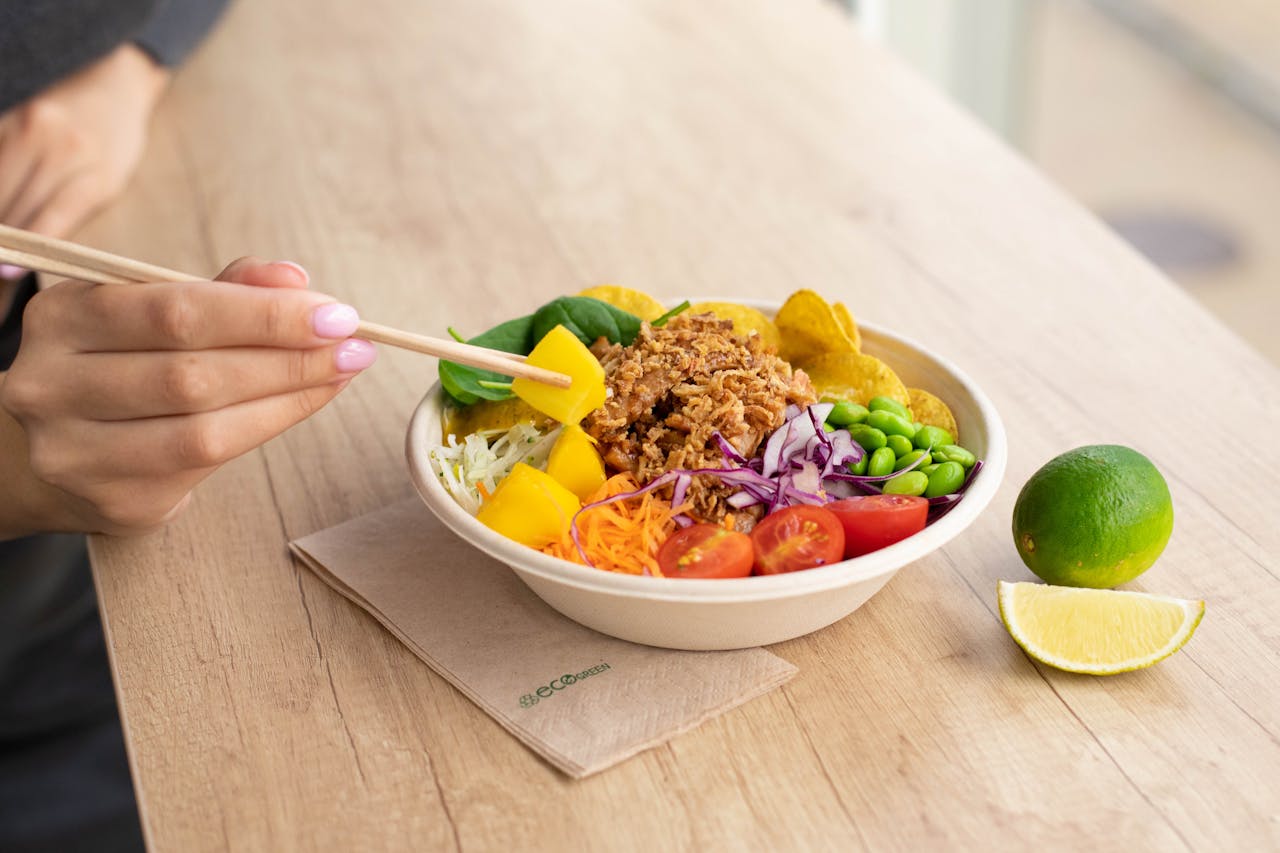 Canva
Canva
Of course, just like Trader Joe’s, not all meal kits are equally sustainable. Many still use plastic-heavy packaging, and not all source organic produce or carbon-neutral shipping. But the category is evolving fast. Purple Carrot has pledged to reduce packaging waste, Green Chef is certified organic, and HelloFresh has already rolled out carbon offset programs for its US operations. Even Thistle, a ready-to-eat service that offers plant-based meals in reusable cloth bags and recyclable jars, takes care to track delivery emissions and encourage returns of shipping materials.
BECOME A VEGNEWS VIP: Get exclusive product deals, freebies, and perks galore!
The convergence of accessibility, surprise, and ethics is what makes this generation of vegan meal kits feel like Trader Joe’s in spirit. Instead of being tied to a physical location, these little bundles of kale-coconut curry or roasted squash tacos show up at your door right when you need them. Meal kits may not replace the quirky aisle wander or the frozen cauliflower gnocchi, but they offer something more immediate: a way to eat well, without overthinking it. And for many busy, exhausted, well-intentioned humans, that’s the real magic trick—not just what’s for dinner, but how easy it was to get there.
For more plant-based stories like this, read:
JUMP TO ... Latest News | Recipes | Guides | Health | Subscribe

